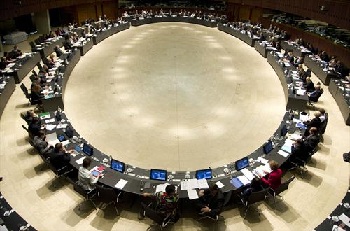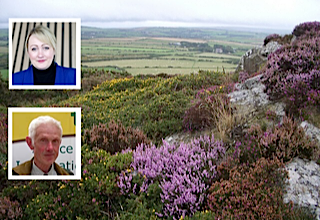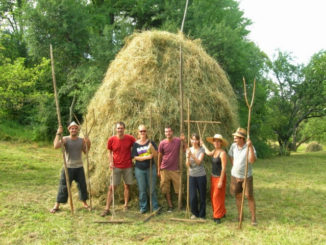Trilogues – negotiations between the Council of Ministers, the European Parliament and the EU Commission – are now in full swing. This is the next phase of the CAP negotiations, which Irish Agriculture minister Simon Coveney claims is on target for a June agreement. All three EU institutions have formalised their positions.

Of the 34 trilogues scheduled between April and June, six have already taken place.
The Irish Presidency has prioritised getting CAP reform agreement by June.
Coveney aims to use the informal Council meeting on 27/28 May in Dublin, involving the COMAGRI chair, Paolo De Castro, the Rapporteurs for each of the four proposals and the EU Commission, to encourage agreement. The June Council would then be a key moment for final decisions and an agreement.
There are many contentious issues, including double direct payments for the same environmental task, (called ‘green by definition’) which the Council supports but the Commission does not. The pace of internal convergance (i.e. harmonisation of flat rate payments accross Europe) is also divisive between individual Member States and the three EU bodies.
All involved are calling for “flexibility” and for participants to be “realistic”.
Speaking after the monthly Council meeting in Luxemburg on 22 April, Coveney, who chaired the meeting because Ireland holds the EU presidency, said “the positions of the Council and the Parliament are not that far apart and I believe that the Commission will show some flexibility also”.
After the same meeting, EU Agriculture Commissioner Dacian Cioloş pointed out that EU governments must be “realistic” so compromises can be reached with the other participants.
Lobbying has been intense, with reprsentatives of farming industry organisations meeting Ministers and representatives of the Commission.
Civil society and enviornmental organisations such as umberella organisation ARC2020, have been most supportive of the Commission position, which they feel is closer to the wishes of the majority of citizens.
ARC issued a letter to MEPs, the Commissioner and Ministers outlining demands in four key areas: direct payments, rural devleopment, horizontal regulation and common market organisation.
Find more here:





